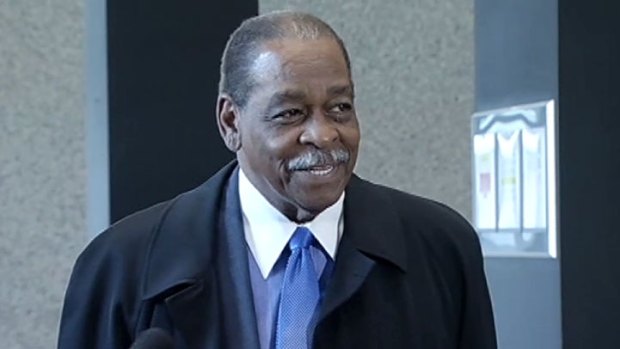Chicago politician William Beavers is about to face a jury.
Charged with failing to pay income taxes on the money he helped himself to from his campaign funds, he will be tried in court and his guilt or innocence determined by a panel of twelve citizens who are his peers.
Except that his legal team doesn't believe that the pool of jurors selected is representative of Mr. Beavers' peers at all.
How was that pool selected? Was it rigged, as attorney Sam Adams, Sr., claims? How could there not be a single African-American male drawn, and only two black women?
That's how it used to be done. The judge sent his bailiff out to round up a group of potential jurors, to select those who would guarantee a conviction in a hot case.
That's how Daniel Coughlin was convicted of murder back in 1889.The story is told in THE KING OF THE IRISH, a work of debut fiction by Jack O'Malley.
Within the pages of the novel is a tale of political chicanery that reflects the origins of the Democratic machine that runs Chicago, and which coincidentally allowed Mr. Beavers to take what was not his without paying the Feds for it.
Mr. Adams, Sr., attorney for the disgraced Mr. Beavers, would like us all to believe that the sort of shenanigans that packed the jury for Daniel Coughlin's murder trial is being put to evil use once again, to ensure a conviction of Mr. Beavers.
Because of Daniel Coughlin's railroading, and the public outcry of the Irish-American voters who took exception to one of their own being mistreated, laws were changed to ensure that juries were made up of those selected entirely at random.
Unless Mr. Adams can prove that the fifty selected were not randomly pulled from the pool of prospective jurors, he will have to make the best of the situation in which he finds himself and his client.
The laws on jury selection were changed before the Nineteenth Century closed. Politics in Chicago, however, hasn't changed much at all.
THE KING OF THE IRISH will be released on March 17, in both hard copy and digital editions. It is a tale of greed, corruption and the quest for power. Set in 1889, it could just as easily be taking place in 2013.

No comments:
Post a Comment